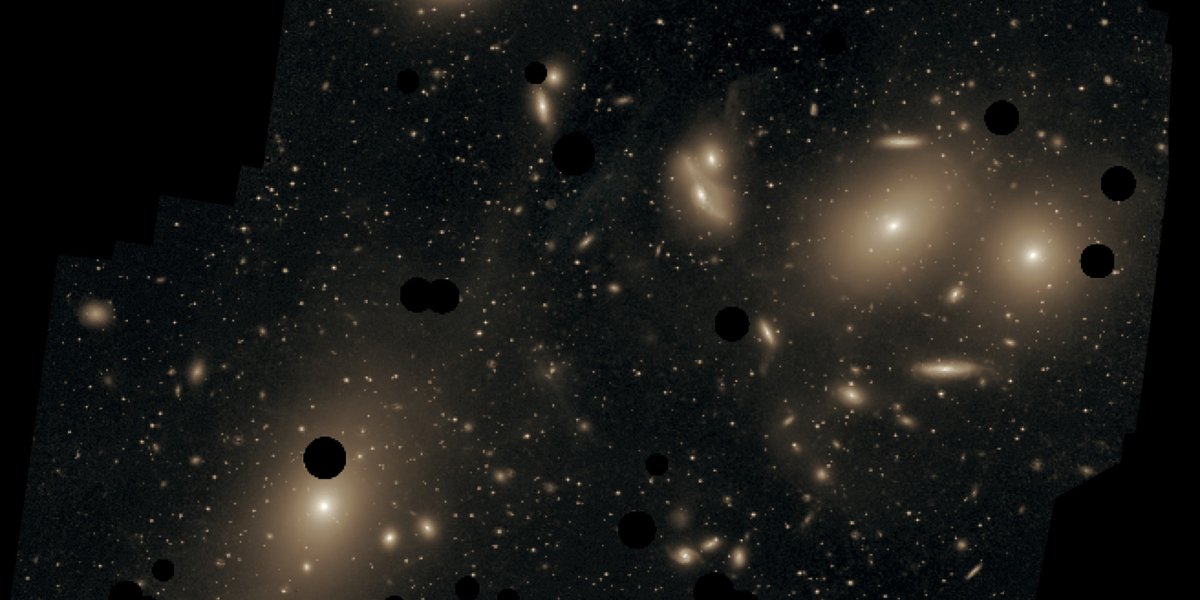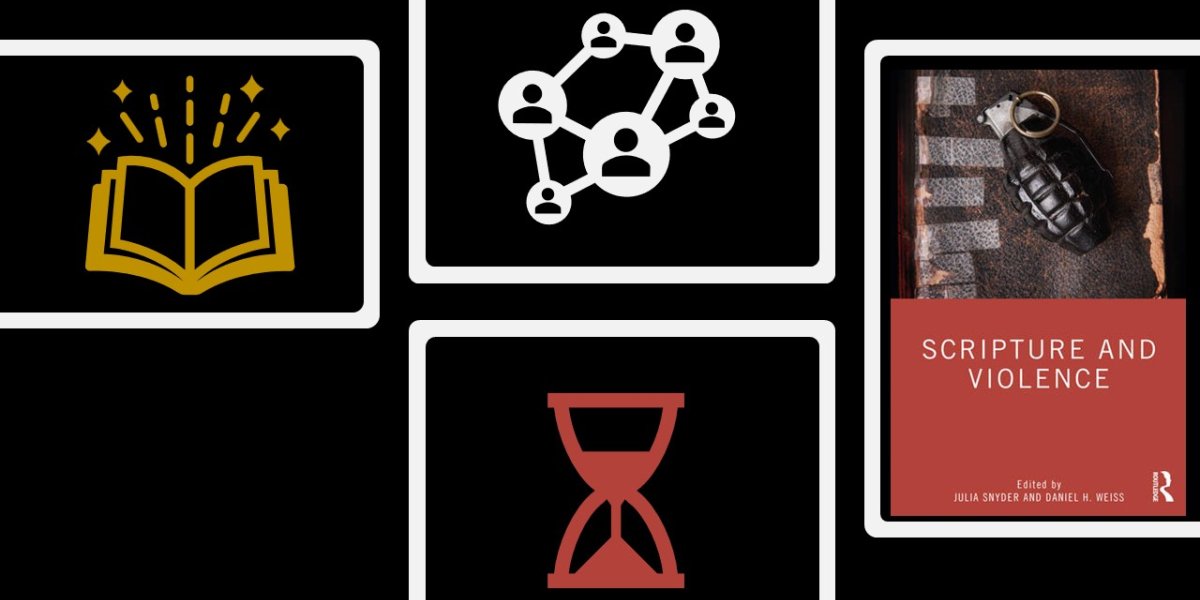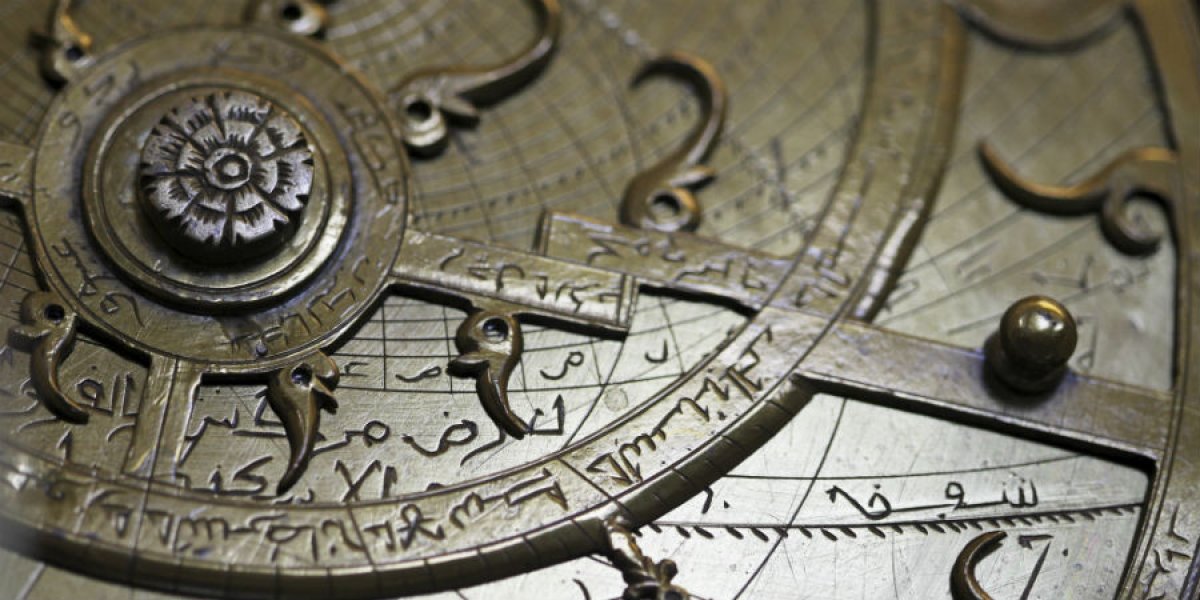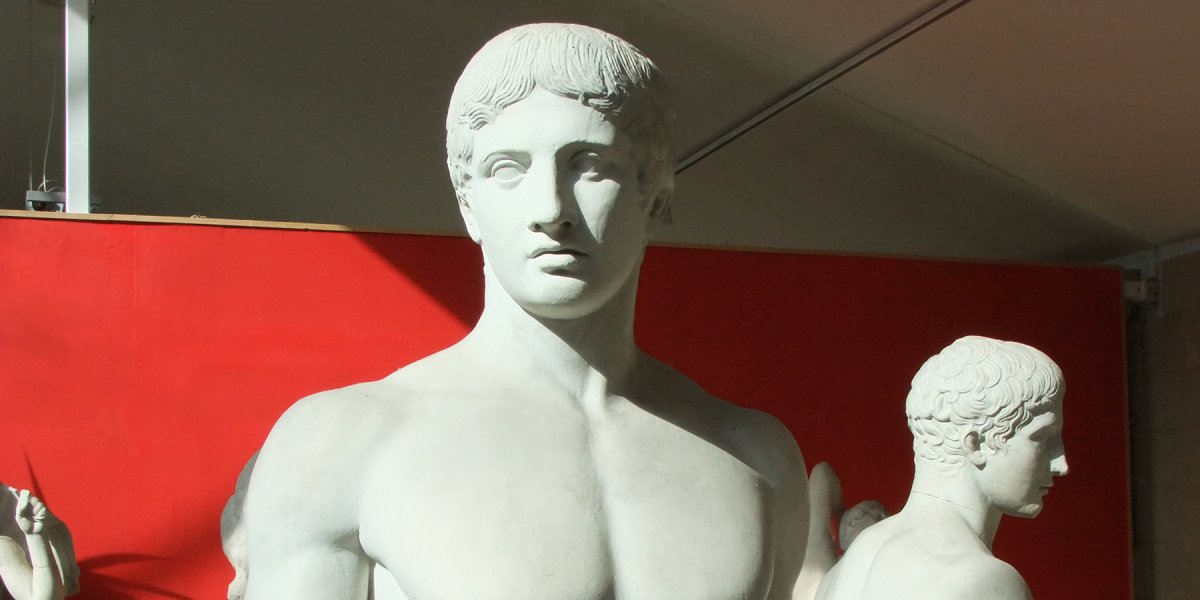Cosmic creations: Black holes, dark matter, and the formation of galaxies
Cosmic creations: Black holes, dark matter, and the formation of galaxies
In the last hundred years we have come to appreciate the enormous diversity of galaxies, from the spectacular, Catherine wheel shaped, spiral galaxies to the massive, red and dead star piles that are the elliptical galaxies. What is the recipe for forming galaxies and how do they change over cosmic time?
Join Professor Roger Davies (Churchill 1975), Oxford’s Philip Wetton Professor, as he takes us on a journey 10 billion years into the past to explain how galaxies like our Milky Way were created. Learn more about the key ingredients in this recipe, including the massive dark halos in which galaxies reside, supermassive black holes at the very centre of galaxies, and cosmic collisions between galaxies.
Last Frontiers
Last Frontiers are a specialist tour operator for Latin America, and have been arranging tailor-made tours to the region for both individuals and small groups for over 30 years. They have been working with the alumni travel programme for both Oxford and Cambridge for the last 5 years, during which time they have run tours to Peru (twice), Chile, and Colombia. In November 2022, Last Frontiers and Professor Davies will be hosting a tour to Argentina (focussing on Astronomy and Wine). Their founder, Ed Paine, will introduce Roger.
Speaker
Professor Roger Davies (Churchill 1975)
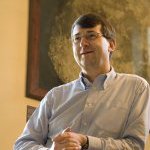
Professor Roger Davies is the Philip Wetton Professor at the University of Oxford. He researches cosmology, and how galaxies form and evolve. He has worked at world-leading observatories, and pioneered a new class of astronomical spectrograph to measure galaxies’ mass and age, and search for black holes in their nuclei.
After reading Physics at University College London, Roger researched at Cambridge, California and Arizona, moving to Oxford in 1988. He was part of the team to discover the ‘Great Attractor’, a concentration of galaxy clusters in the southern sky. Roger is the Founding Director of the Hintze Centre for Astrophysical Surveys.
